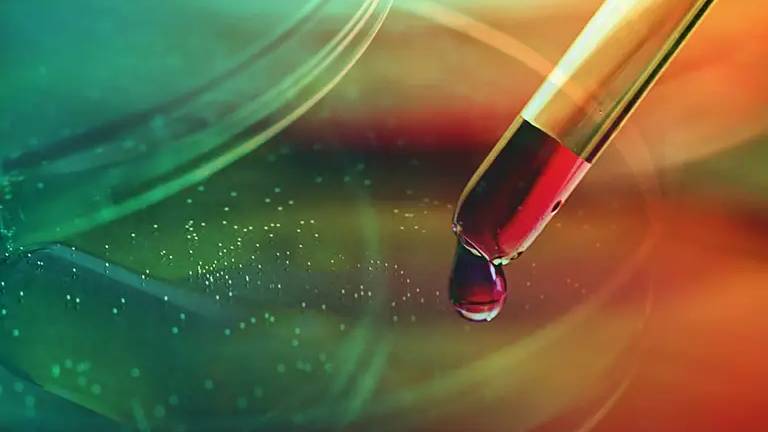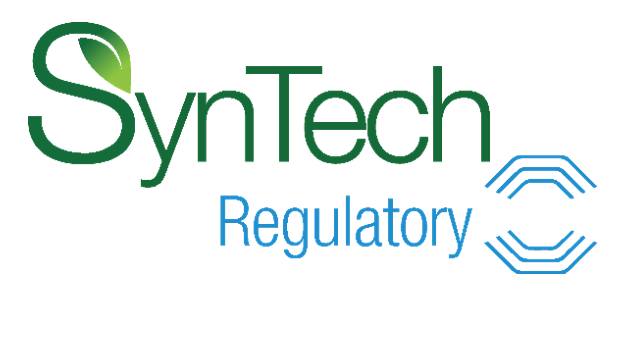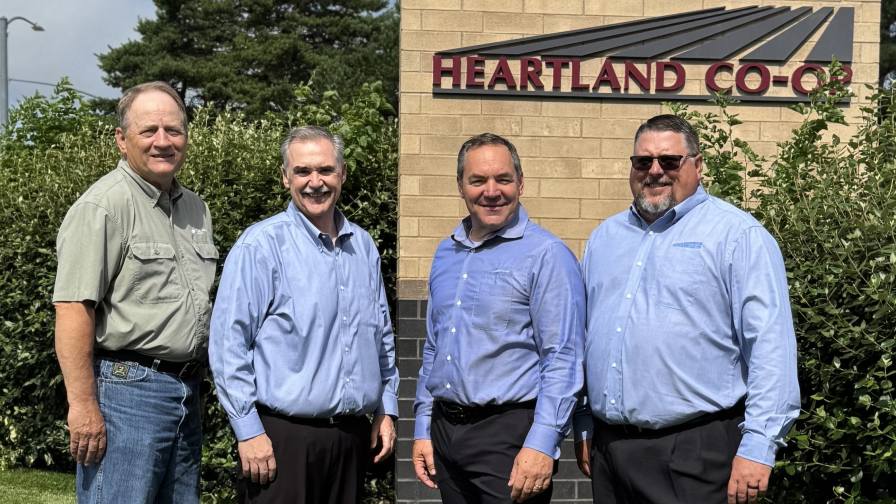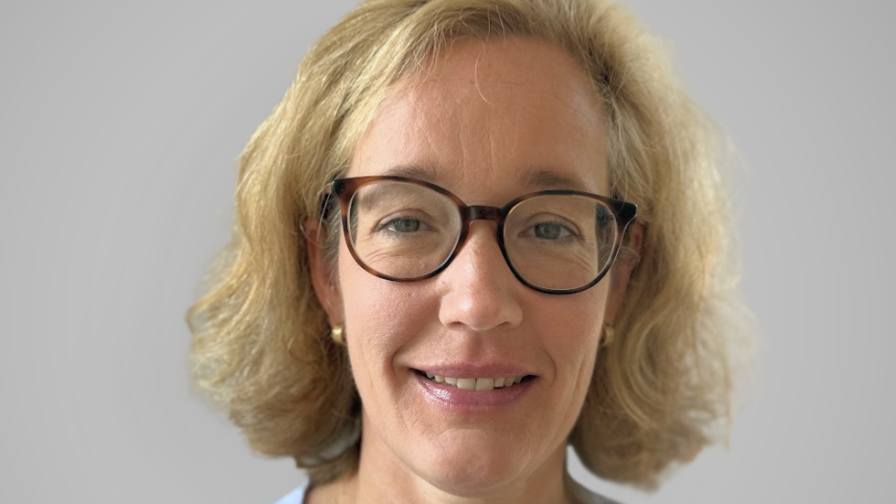2010 WOR Country Champions: Asia Pacific Region
VIETNAM
Central Plant Protection Joint-Stock Company No. 1 (PSC.1)
PSC.1 takes waste production from its facility very seriously. An elaborate new wastewater treatment system is currently under construction, consisting of a buffer tank, three reaction tanks, an ozone generator, a tank to store the water following the reaction process and a trickling filter tank.
An analysis of the company’s waste water, as compared to the Vietnam standard, as conducted by the Center for Monitoring and Labor, showed that values of pesticides, ammonia, nitrogen, phosphorus, and other chemical products in PSC.1’s waste water was well below national standards.
PHILIPPINES
Farmers Atlas
At Farmers Atlas Corp., safe transport, storage and handling of products is key. The building is located on a two hectare lot surrounded by a high fence and open parking area for trucks. The main gate has a security camera and an open area at eye-level to see incoming guests without having to open the gate. Agrochemicals are shipped inside closed vans and trucks, which are loaded and unloaded under a wide roof overhang.
Inside the building, natural lighting through clear roof panels illuminates the spacious warehouse, which is designed to allow natural ventilation through an elevated roof structure that encourages air movement inside the facility. Security guards are on duty 24 hours per day, with guard dogs on site for assistance.
Farmers Atlas is licensed with the Fertilizer and Pesticide Authority in the Philippines to distribute and carry only registered crop protection products, says Elvie Cayanga, proprietor. “We participate in activities relating to safe use and product stewardship,” says Cayanga. “The company regularly visits our dealers/retailers and provides feedback to principal suppliers on environment-related issues.”
CHINA
Poyang County Lefeng Town Hongiun AMPC
Poyang County Lefeng Town Hongiun AMPC has done a lot to help discourage the trade of low quality and illegal products. The company checks product certifications; if they have any license violations, they are not sold. All products are also sent to the company’s quality inspection department, and only qualified products are released for sale. The sale of any highly toxic, highly residual products is prohibited. If any violations are found, the company responds quickly to the relevant departments. It also fully cooperates with the relevant agencies for the recycling and destruction of expired products.
Poyang brings this same detailed concern to its customers. The company provides agricultural technology training to farmers and guidance on pest management and disseminates pest forecast information. It also provides guidance for rinsing sprayers to farmers.
THAILAND
Sombat Osoth Karnkaset Co., Ltd.
Sombat Osoth Karnkaset Co., Ltd. involves the community in environmentally safe practices by broadcasting a daily radio program called “Radio waves to Sustainable Agriculture” to share information with farmers regarding pesticide safety precautions and pesticide news analysis.
The fertilizer is stored in a separate warehouse from the pesticides in order to prevent contamination. The pesticide warehouse and separate showroom are well-lit to allow labels to be easily read, as well as to conduct routine inspections. Both areas have high roofs and good ventilation. Products are stored off the ground on racks to protect them from moisture, and organized by product type and manufacturer.
Emergency equipment and fire extinguishers are stored at eight different points throughout the facility, and personal protective equipment (PPE) is available to every employee. Showers and eye wash stations are provided, as well as a medicine cabinet and medical procedures for each chemical type. A fire alarm, emergency lighting and amplifiers alert the staff in case of emergency. Employees are properly trained in appropriate safety precautions, pallet construction, chemical hazards and emergency response plans.
The warehouse is monitored from the office through CCTV cameras and keys are locked up during off-hours.
INDONESIA
U.D. Tani Murni
The facility of U.D. Tani Murni is surrounded with a high wall topped with a security fence. A drainage system borders the interior side of the wall, filtering waste water and preventing spills from escaping the facility. The open area between the surrounding wall and the facility allows ample access for fire engines and emergency equipment, if needed; this open space also provides suitable access for loading and unloading products.
Workers in the facility are protected from spills as well, with protective equipment such as hats, gloves, aprons, masks and goggles. A shower and wash station are located in the warehouse, along with posted emergency response contact numbers. First aid kits are readily available, and an emergency exit door is clearly marked.
Any products that are poorly packaged or leaking are separated from the rest of the goods and collected in a central location for proper disposal.
TAIWAN
Xin-Zhe
When farmers and dealers go to Xin-Zhe for pesticides, they also get instruction on the correct methods for using those products. The company conducts annual crop and fertility management with its customers and helps them to keep product application records. Xin-Zhe makes sure that customers get the right products for their needs through its soil sampling services, then helps them to properly dispose of unwanted or unused pesticides.
All drivers that carry Xin-Zhe’s products have updated Haz Mat licenses, and the vehicles are correctly marked with signs indicating the type of hazardous materials they are carrying. Drivers carry emergency kits, and all crop protection products are accompanied by transport emergency sheets. Employees at the facility are trained to always check the identity, labeling, and quantity of the goods they’re receiving against the transport documents. Employees are also trained to identify low-quality and illegal products by examining product formulations, packaging, and labeling.






